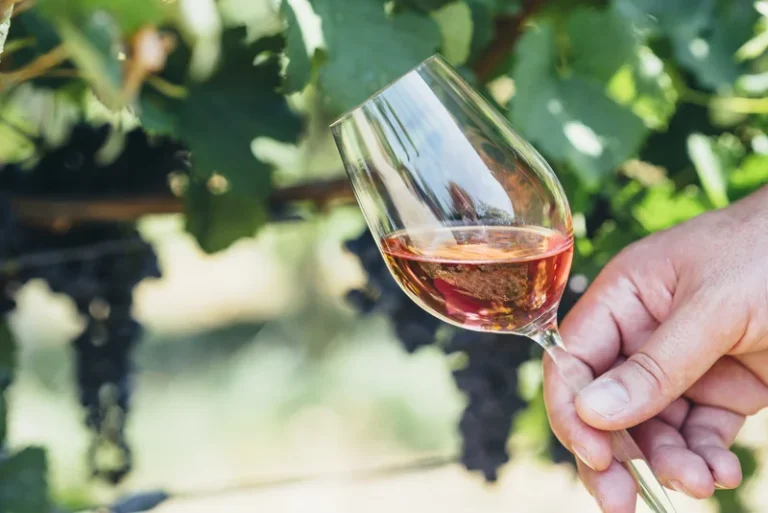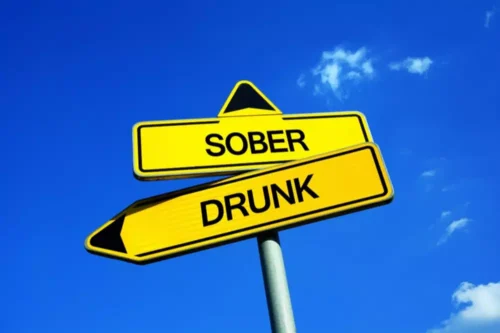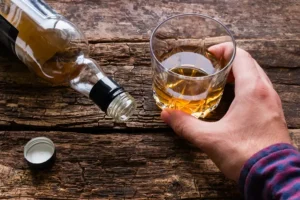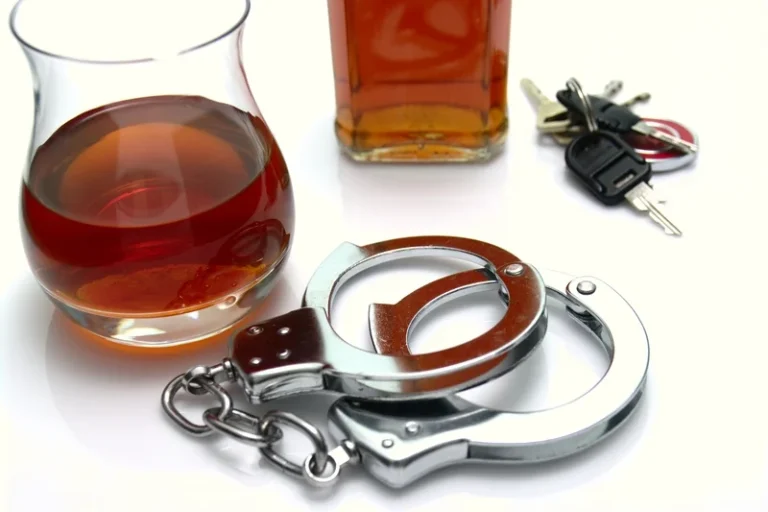
The person with the drinking problem needs to take responsibility for their actions. Don’t lie or cover things up to protect someone from the consequences of their drinking. Express your concerns in a caring way and encourage your friend or family member to get help. Try to remain neutral and don’t argue, lecture, accuse, or threaten. Make meetings a priority – Join a recovery support group, such as Alcoholics Anonymous (AA), and attend meetings regularly. Spending time with people who understand exactly what you’re going through can be very healing.
Start a Healthy Habit As a Replacement

You may do it as a way to relax after a difficult day at work or blow off steam after college exams. Many people also use drinking to cope with difficult periods in their life, such as the death of a loved one or the end of a romantic relationship. However, alcohol is a depressant, so it will ultimately make you feel even worse. Self-reflection and intention setting are great tools to identify your path forward if you want to stop binge drinking and moderate your alcohol consumption or get sober. For many people, peer support and outside accountability are key tools in their treatment toolkit. Consciously limiting how many drinks you consume each week is an act of mindfulness and self-care.
Long-term strategies

Because excessive alcohol use impairs judgment and inhibitions, it can lead to risky behavior that can come with some serious consequences. It’s easy for teens and young adults who aren’t sure how much alcohol they can handle to go past their limits. Even older adults can overestimate their tolerance and wind up drinking far more than they can handle. “People come in and tell us it could’ve been on the back of a big game where there’d been a party, drinking and then towards the end of the evening the violence escalates and they’ve had to escape.

Binge Drinking Signs and Symptoms
Keeping track of progress through recovery programs or relapse prevention workbooks can provide a sense of accomplishment and motivation to stay on the path to sobriety. Medications like naltrexone can be prescribed to mitigate cravings and reduce the likelihood of relapse. The National Center for Biotechnology Information (NCBI) provides insights into the pharmacological treatments available for AUD, highlighting their effectiveness and potential side effects.
Other Lifestyle Choices That Can Help
Drinking on an empty stomach is never a good idea, so make sure you eat food when you drink. The National Institute on Alcohol Abuse and Alcoholism and other reputable sources offer support and treatment options for those struggling with alcohol dependence. Just as different things can trigger alcohol cravings from person to person, different strategies can help you manage them. She notes that it can help to avoid your triggers as much as possible in early recovery, since triggers are often most intense when you first stop drinking. Taking time to explore the specific people, places, and situations that cue your urge to drink can make a big difference.
- In 2020, Wisconsin had its sharpest rise in alcohol-related deaths in more than two decades.
- Some people are able to stop drinking on their own or with the help of a 12-step program or other support group (see below for links).
- If you’re having a hard time shifting your focus from internal to external, consider the quality of your inner self-talk.
- It was middle-aged and older adults who showed the most substantial increase in binge drinking.
Alcoholism and Alcohol Abuse
The CDC recommends that if you don’t already drink, you shouldn’t start for any reason. Maybe you’ve never been interested in logging your innermost thoughts, but journaling can be a great tool to track your feelings as you work on quitting alcohol. Satisfying hobbies can distract you from wanting to drink, but they also help you relax — something everyone needs to do.
Keep a record of your drinking to help you reach your goal. For 3 to 4 weeks, write down every time you have a drink and how much you drink. Reviewing the results, you may be surprised at your weekly drinking habits. Creating how to stop binge drinking a safe environment by avoiding people, places, and situations that trigger cravings is essential. Participation in support groups offers a sense of community and shared experience, which can be incredibly beneficial.

Tips to change your relationship with alcohol
- Each type of treatment will be delivered by an expert team of therapists, psychiatrists, psychologists and other compassionate experts.
- Local treatment facilities offer services for those seeking help, from detoxification to aftercare.
- However, when alcohol makes up part of your typical routine, drinking can become something of an automatic response, especially when you feel stressed or overwhelmed.
- Depending on your result, you might find that you need to put some thought and planning into breaking the habit.
It might also be worth checking out a 12-step program in your area, like Alcoholics Anonymous or SMART Recovery, to see if it feels like something that might be useful for you. SMART Recovery – Self-Management and Recovery Training (SMART) is a program that aims to achieve abstinence through self-directed change. Women for Sobriety – Organization dedicated to helping women overcome addictions. Alcoholics Anonymous (AA) – Learn more about AA’s 12 steps and find a support meeting in your area. If someone is trying to coerce you to have another beer, be polite but firm in saying no. If you want to offer a more concrete reason, you can say you need to get up early tomorrow.
Alternate Drinking Alcohol with Water
Therapy, medication, and recovery programs can all have benefit for reducing and preventing cravings. Combining medication with therapy and other interventions can prove even more helpful than medication alone. Alcohol cravings can be difficult to manage alone, and there’s no shame in needing a little extra support. Of course, addressing your triggers at the source can also go a long way toward helping you make lasting changes. A positive distraction can help occupy your thoughts and energy, giving you something to focus on besides the urge to drink.
